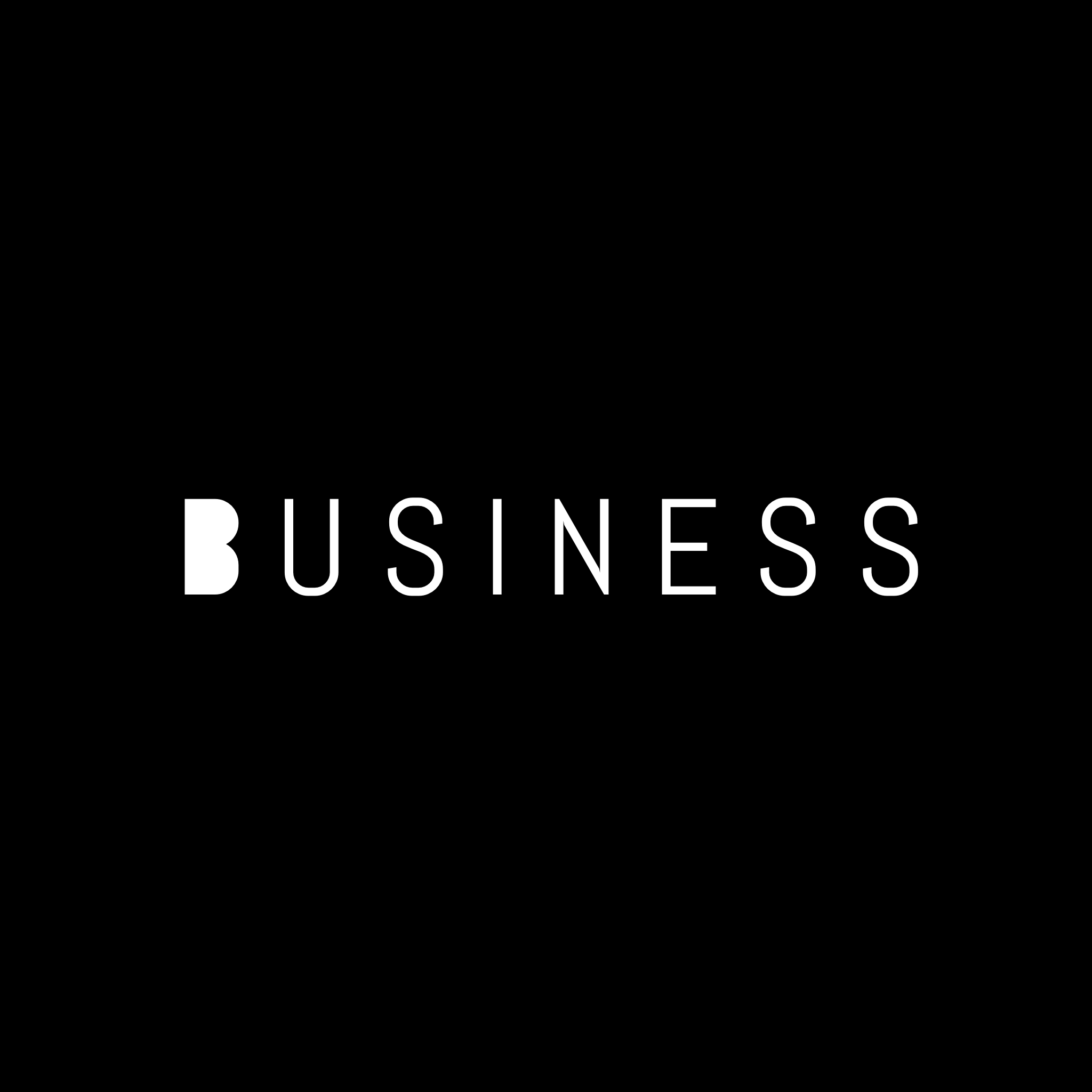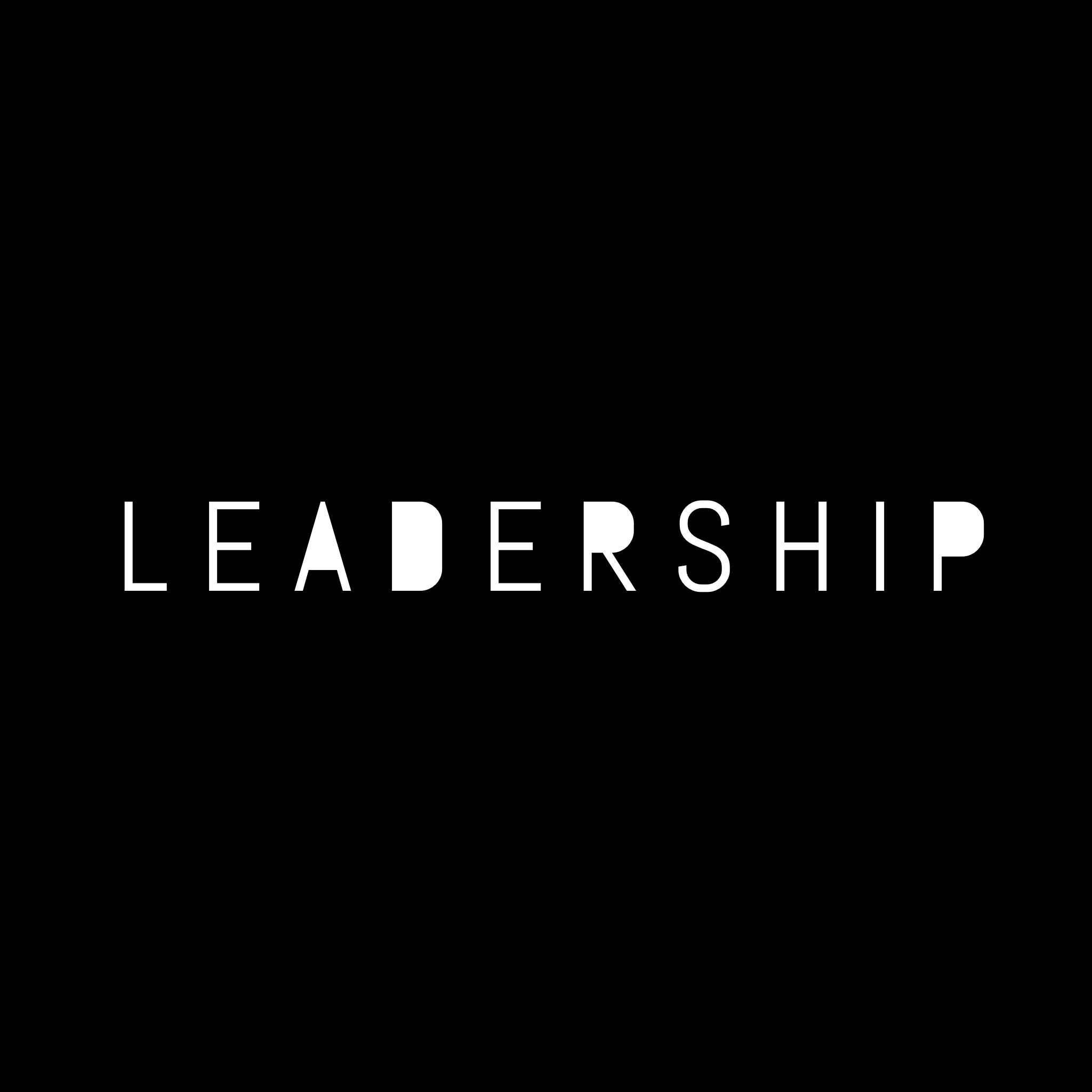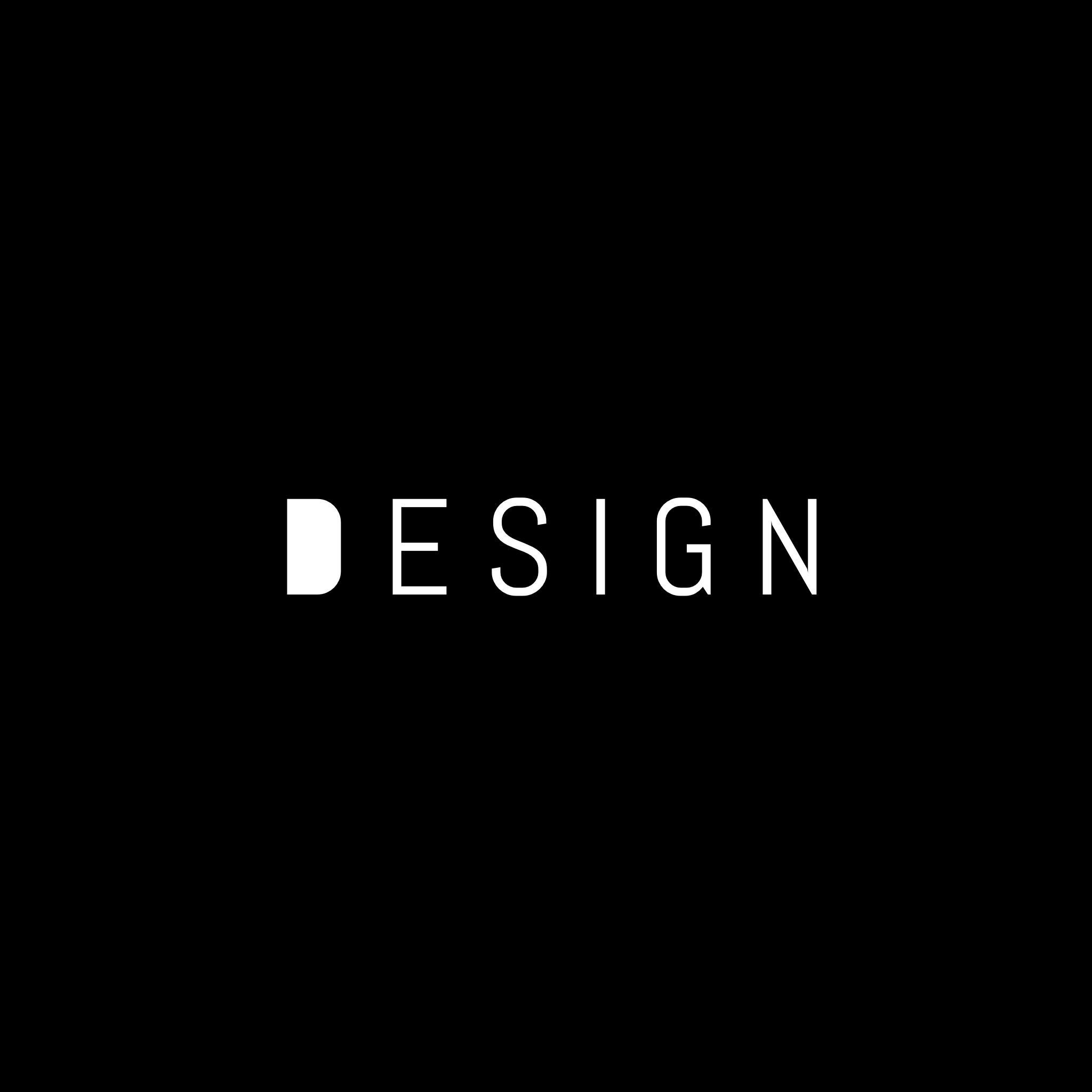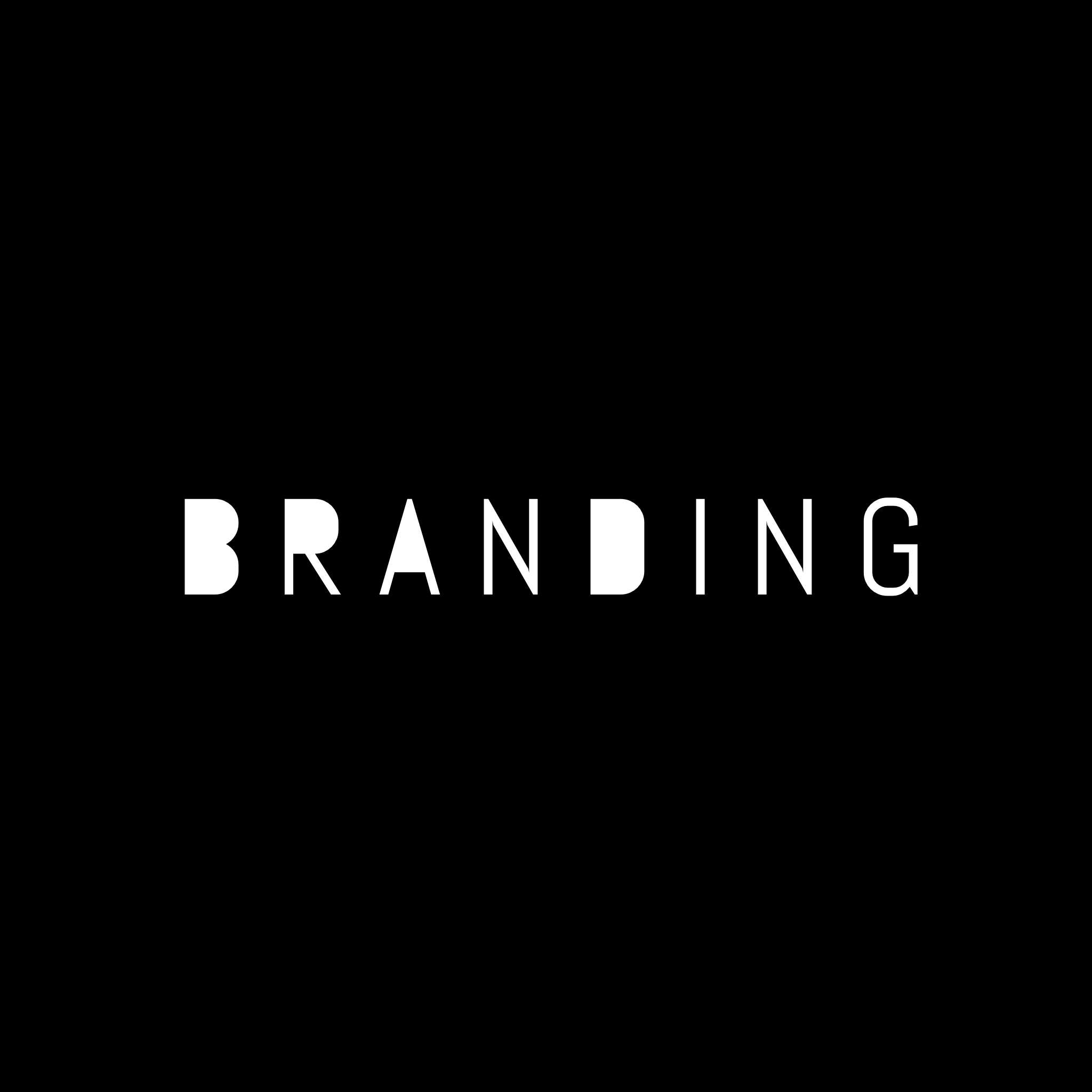Legal and Financial Aspects of Entrepreneurship
/Starting your own businesses may seem easy, especially when you have an idea and possibly a fair amount of cash. However, before you start pitching your product or idea to others, you should learn the legal and financial aspects of entrepreneurship so you don't get caught with your pants down or like a deer in head lights. If you find out too late, you could be in some trouble with the law. Read further to see if you've completed the check list so far on your journey of being an entrepreneur.
Create your business entity
When you're a small business/entrepreneur, creating a sole propreitorship has an advantage versus when a corporation does it. Not only is this the easiest structure to create, but it's extremely common for businesses that entrepreneurs like to dip their toes in. Being a sole proprietor means that the sole person owns the business completely on their own, and isn't in the business of being a corporation. This is also known as unincorporated business. Any profits or losses recorded are noted as income or loss to the sole proprietor. The only negative aspect of doing this is if someone decides to sue, the sole proprietor can come under fire and is liable, while shareholders of a corporation will not have to worry about anything.
Entrepreneurial financial basics
There are six terms every entrepreneur should be familiar with upon jumping into the world of business:
Bottom line - Any net earnings and income is referenced as the bottom line; period.
Gross margin - This is the percentage that shows the total sales revenue after costs for production are subtracted.
Fixed versus variable costs - A fixed cost is exactly that; a number that doesn't change no matter what is produced by the business. However, a variable cost is the opposite. Depending on what is produced through the business, this number may fluctuate.
Equity versus debt - While debt comes from loans and borrowing money from banks, equity comes from investors in return for part ownership of the company. Debt is debt and equity is not debt. They are very different.
Leverage - This term poses many views and angles, but when it comes to finances, leverage is when the amount of debt you're aware of can be used to fund different business assets.
Capital expenditures - Last but not least, CapEx is when a business buys something in order for them or their customers to benefit in the future from.
The Case of Bootstrapping
Many small businesses and even some large use a type of framework called bootstrap. This is used because the interface is easier to implement and to use on both websites and web applications. The layout of the website is typically responsive, customizable with unique typography, JavaScript interaction, and much more. It's used for the following reasons:
It saves time and is superfast!
As mentioned, it's responsive
Again, customizing is super easy, even for web newbies
However, people do shy away from it for the following reasons:
It has an overall messy markup
It's also heavy with CSS and JS, all tangled in between (weird how it's easy, though)
Lack of Sass or Compass support
Consider instead a cloud based web development tool such as Wix or Squarespace
Lastly, we'll talk about financing options
Small business financing options
There are quite a few options if you don't have all the money to fund your small business up front, and this includes the following:
Microloans
Credit cards
The 3 F's - Family, Friends, and Fools (typically known as "investors")
Retirement account
Depending on the age of yourself or the financial stability of your family, friends, and potential prospects, you could get funding without even touching a bank loan. While you can't build credit with money you're putting upfront yourself, credit cards can come in handy when you're trying to build up credit for you and your business. If you don't have great credit and use your out of pocket money, when that money is gone and you need more, you may be out of luck because you were afraid of utilizing the credit card option.























































